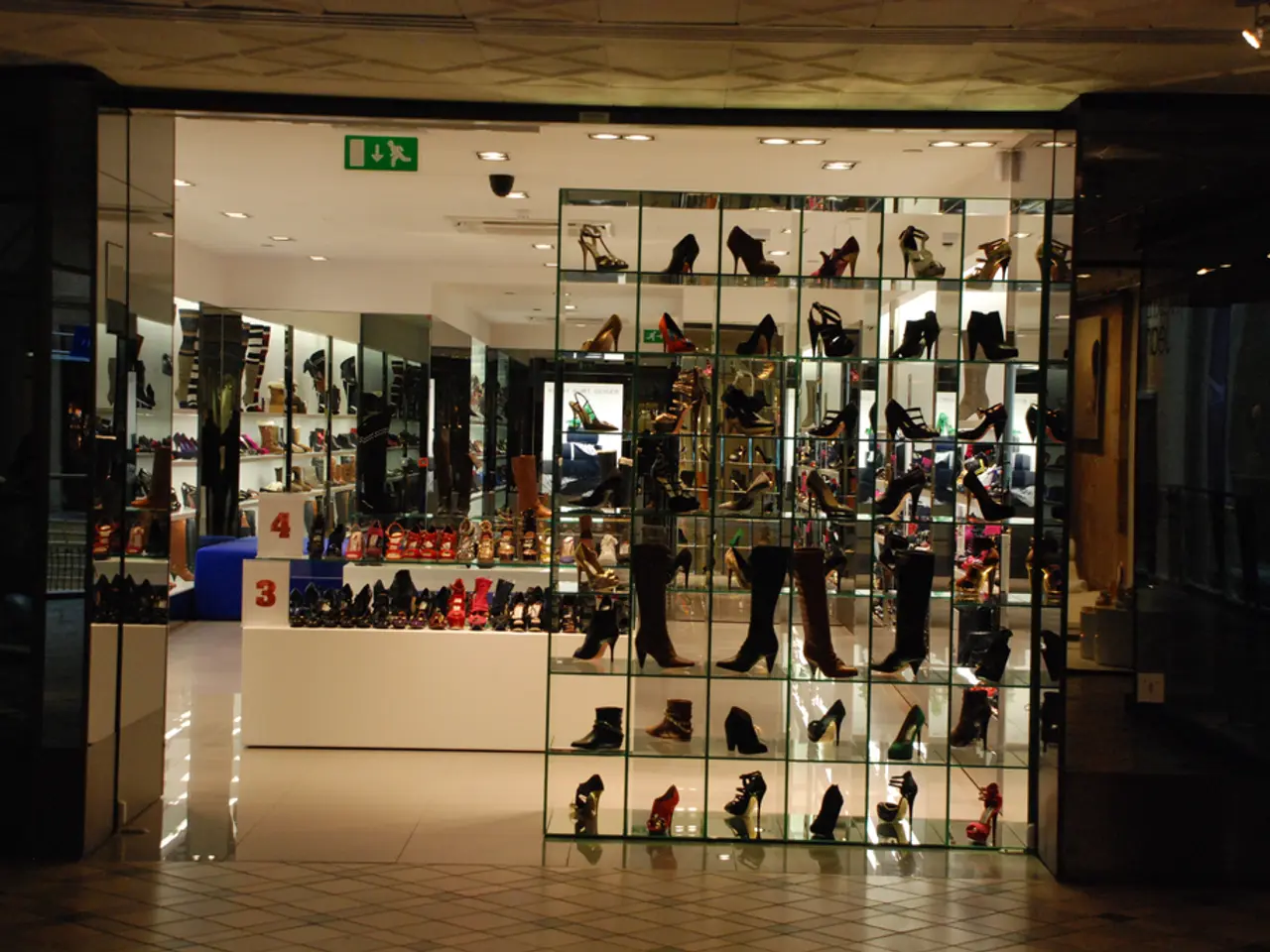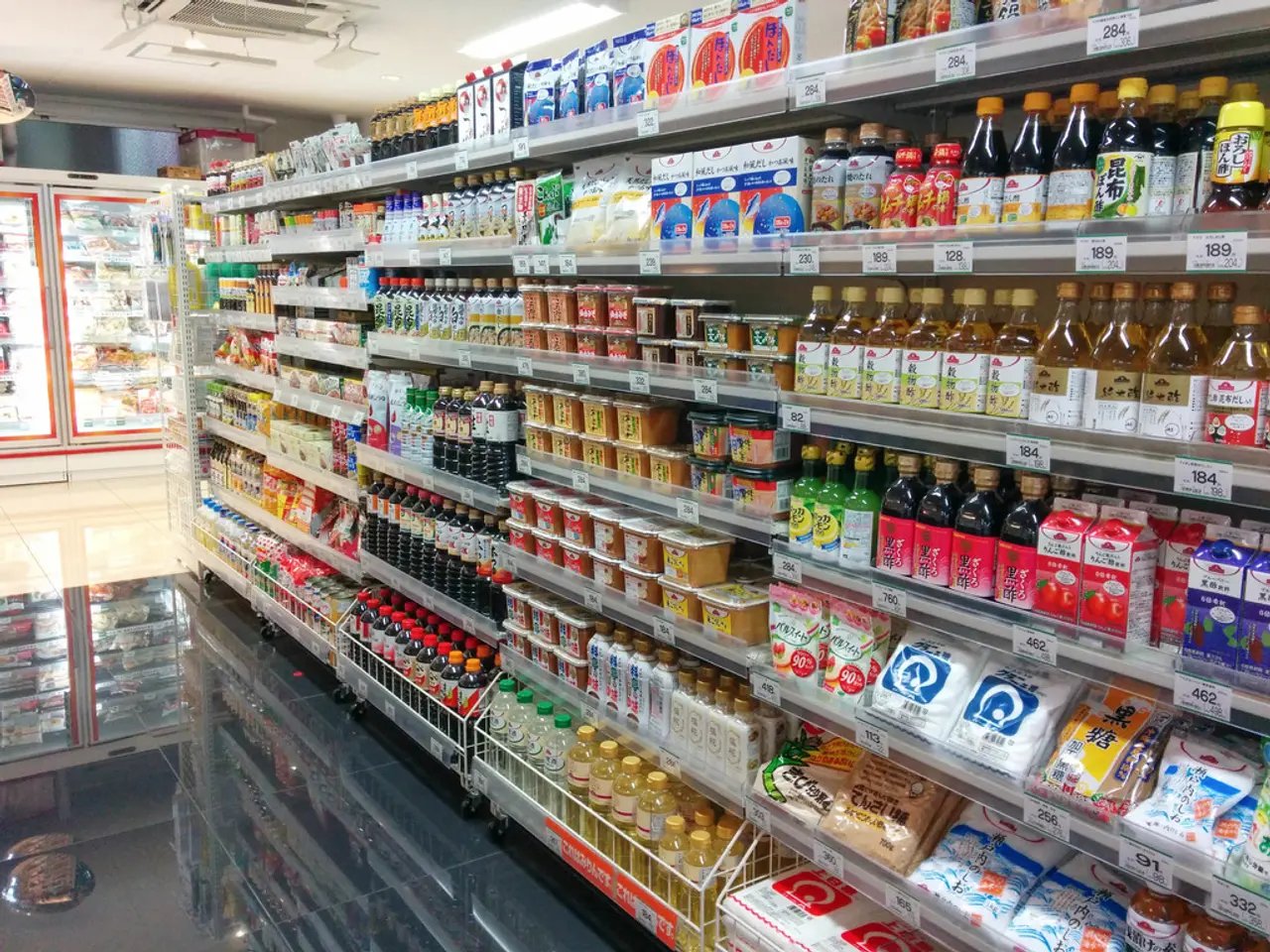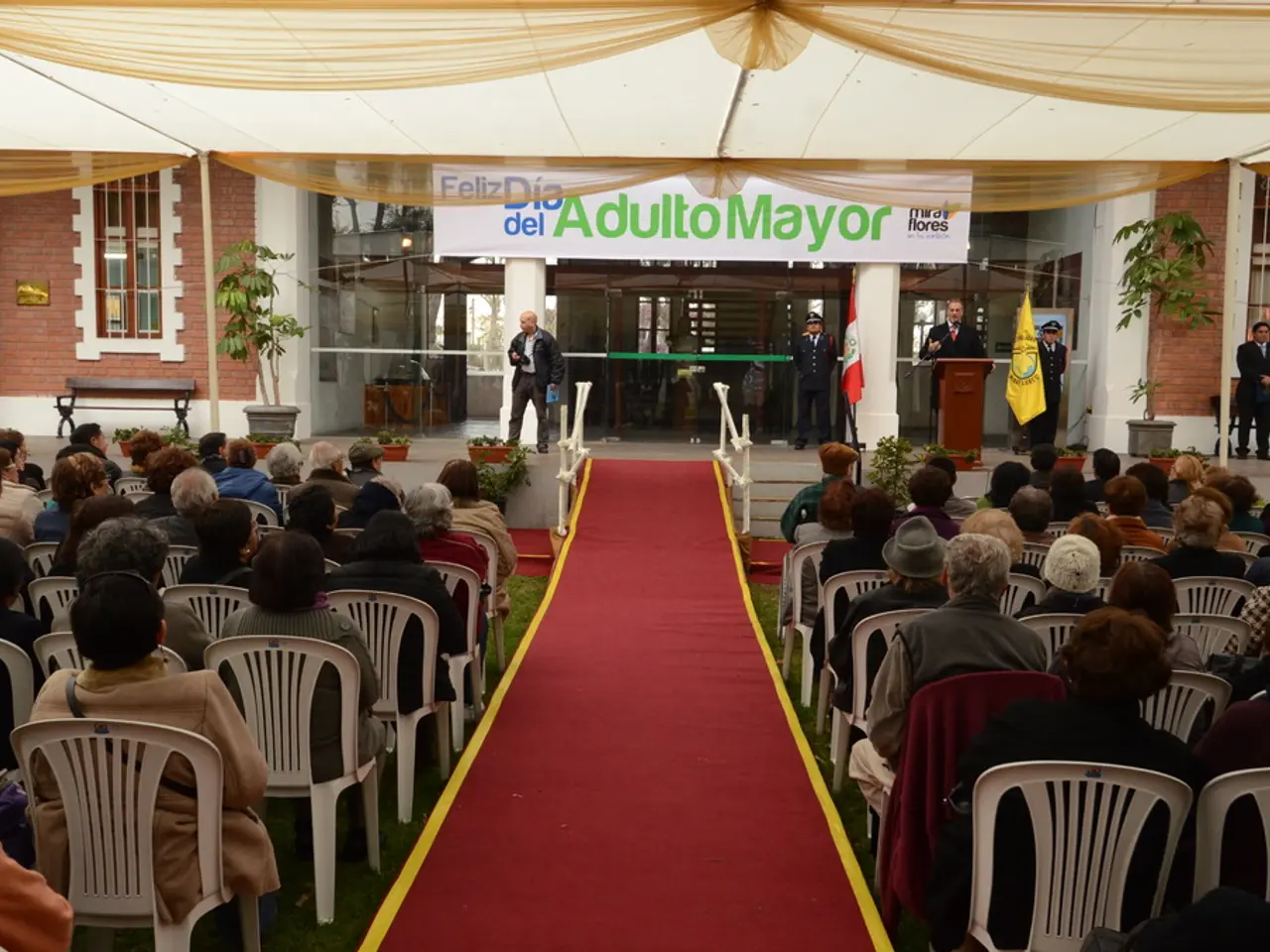Indian sandal production industry gains momentum due to Prada's reputed sandal issue
The debate surrounding Prada's Kolhapuri-inspired sandals has taken the fashion world by storm, with the traditional Indian footwear gaining unprecedented global attention. The controversy, sparked by the Italian fashion conglomerate presenting sandals strikingly similar to the Kolhapuri chappals at Milan Fashion Week, has highlighted the economic struggles faced by traditional makers and ignited a renewed interest in authentic Kolhapuri chappals.
At the heart of the controversy is the significant price difference between Prada's high-end sandals, retailing at around ₹1 lakh ($1,200), and the authentic Kolhapuri sandals, which sell for about ₹1,000 in India. The initial lack of credit given to the Indian origin and artisans behind the design led to widespread backlash over cultural appropriation and erasure of the craft’s legacy.
The outcry from Indian consumers and artisans has emphasised the need for recognition and compensation for indigenous craftspeople. Legal actions against Prada have been initiated in India, seeking compensation over the use of the Kolhapuri design in their 2026 collection. This fight for intellectual property rights and acknowledgment might encourage stronger protections and fairer economic benefits for the traditional artisans.
Despite the ongoing legal proceedings, the controversy has brought a silver lining for the traditional Kolhapuri sandal industry. The increased attention and worldwide interest have provided some artisans with a business opportunity. Around 7,000 artisans produce the Kolhapuri sandals in India, with many hoping for a boost from the Prada story.
One such artisan is 50-year-old Ashok Doiphode from Kolhapur, who handcrafts sandals daily for nine hours but can only sell a pair for around five dollars. Artisans like Ashok believe that collaborations with big companies like Prada could potentially offer them a better price for their handcrafted sandals.
The Indian government predicted in 2021 that the sandal industry could reach an annual export value of $1 billion, although current estimates are not yet available. The controversy has revitalised interest in the Kolhapuri craft, with the president of Maharashtra's industrial lobby in talks with Prada to develop a co-branded limited edition sandal.
However, the Kolhapuri sandal industry has faced slow business due to consumers preferring more fashionable, high-quality shoes. Lalit Gandhi, president of the most important industrial lobby in Maharashtra, refers to the Kolhapuri craft as a "dying art."
Prada, which does not have a single retail store on the subcontinent, has since admitted that the models were inspired by ancient Indian designs and now wants to manufacture the sandals in collaboration with local producers in India. The sale of "Kolhapuri" sandals remains cheaper compared to Prada's men's leather sandals, with the latter starting at $844.
The Kolhapuri sandal, a historical craft dating back to the 12th century, has a rich heritage and is traditionally handmade in small factories and often worn with Indian clothing. The controversy surrounding Prada's sandals has not only brought the traditional footwear into the limelight but also sparked a conversation about cultural appropriation, intellectual property rights, and the need for fair compensation for indigenous craftspeople.
- The controversy over Prada's Kolhapuri-inspired sandals has led to discussions about both cultural appropriation and employment policies within the fashion industry, as artisans and consumers alike seek fairer economic benefits and recognition for their craft.
- As the debate continues, the Indian government and industrial lobbies are considering community policy collaborations with businesses like Prada, aiming to achieve financial growth for traditional artisans and the Kolhapuri sandal industry.




